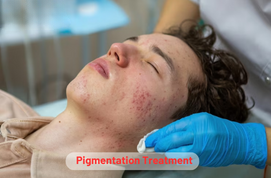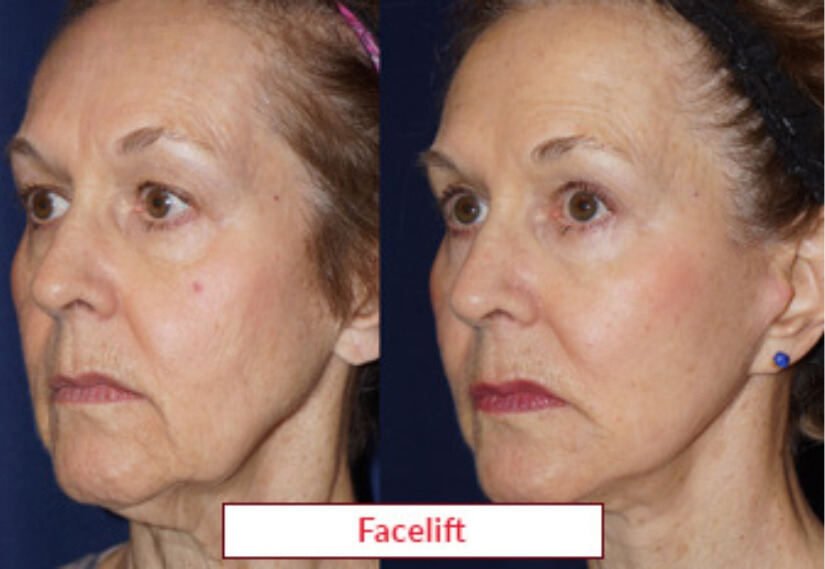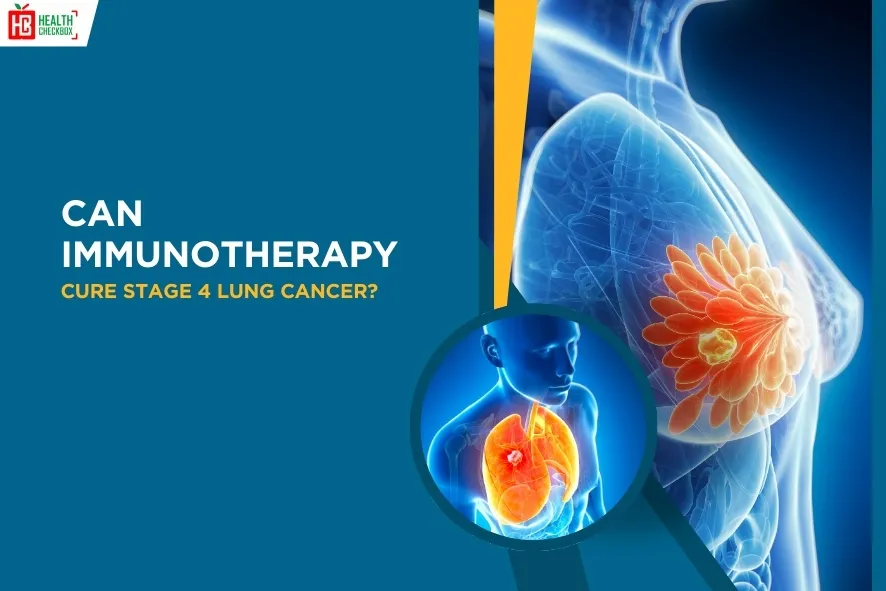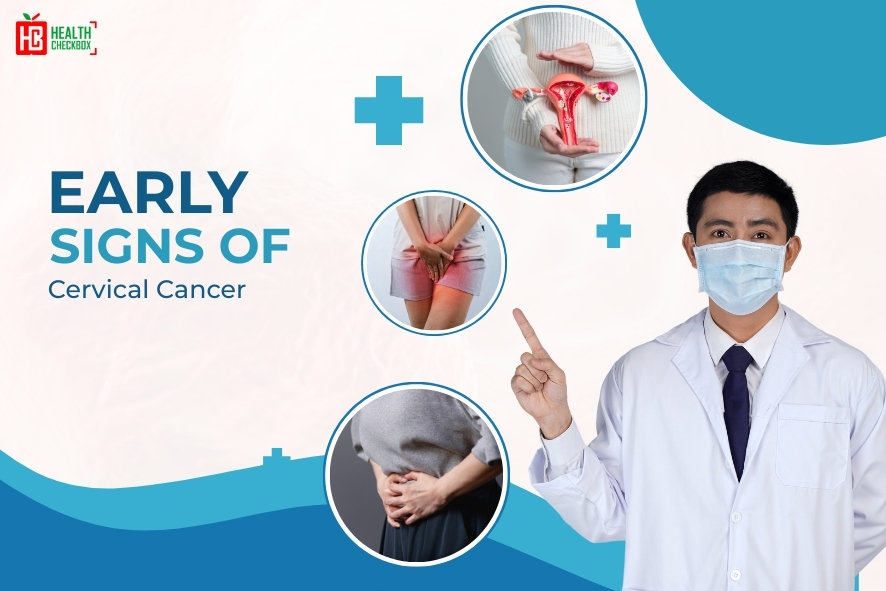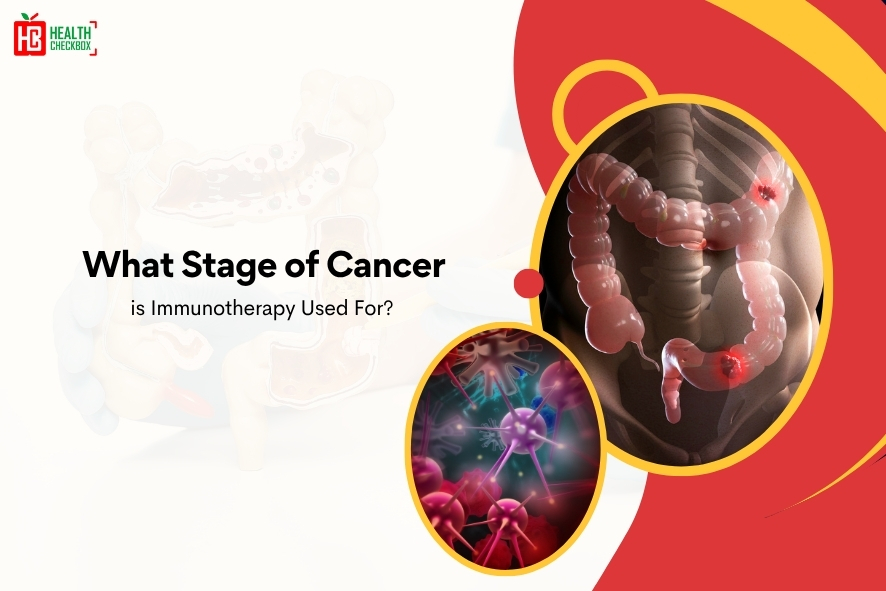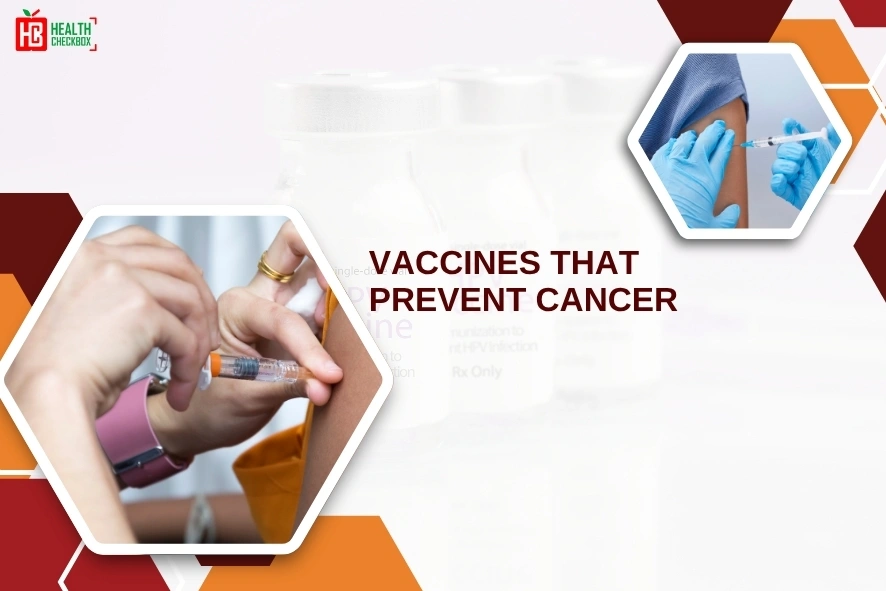The amount of melanin (a body’s natural chemical) present in your body determines the natural complexion of your skin. People who are fair-skinned have less melanin than people with dark skin color. Imbalance of melanin production actually disturbs the skin texture and tone, and often may affect the hair, eyes, and lead to other skin problems. Hence, dermatologists suggests various treatments in order to reduce these issues. Pigmentation treatment is carried out to address the skin color changes. It also provides solutions to dark spots or hyperpigmentation.
According to statistical data, nearly 5 million people in the United States are known to have melasma, a skin condition that forms hyperpigmented patches on the parts of the body that are exposed to ultraviolet solar radiation, such as the forehead, cheeks, upper lips, and upper arms.
Causes of Skin Pigmentation
- Exposure to Sunlight: Melanin is produced in greater quantities when you expose yourself to prolonged sunlight. Dark spots can develop on the skin, also known as age spots. These spots can be in the form of patches or spots that are brown, black, gray, or pink in the appearance.
- Hormonal Changes: More common in pregnant women and when exposed to certain medical conditions. Melasma is more noticed in women and is due to an increased level of estrogen and progesterone.
- Medical Conditions: Addison’s disease is one of the serious causes of hyperpigmentation that affects the adrenal glands and adversely affects the elbows and knees, toes, lips, and inside of the cheek.
Diagnosis and Tests for Pigmentation Treatment
A skin specialist will identify the type and cause of pigmentation. He or she will do so by:
- Examination of the skin by some special device, such as Wood’s light.
- Looking into the medical history
- Getting to know the solar exposure and some lifestyle habits, such as smoking and drinking.
- In rare cases, a biopsy or a sample of the skin may be required to look out for signs of cancer.
Who Needs Pigmentation Treatment?
Certain conditions must be fulfilled before undergoing the treatments. Some of the criteria are mentioned below:
- Ability to strictly use the sunscreen application.
- Non-smokers are more suited, as they are considered to be healthier than people who smoke.
- People who have less exposure to the sun have shown better results.
- Not having any type of skin condition is mandatory before going for the treatment, for example, active viral skin condition.
- Allergies, blistering, and scarring,
Pigmentation Treatment Procedures
The procedure of this treatment is given below:
Topical Products
- Sunscreens: When you expose yourself to long sun hours, the skin tends to produce more melanin and darken. Sunscreens, when applied 20 minutes before exposure to solar light, help effectively in reducing the dark spots.
- Exfoliating Polishes: Such types of products reduce clogged pores and produce more even-toned and smooth skin. Dead cells from the top layer of the skin are removed with ease as these creams are rich in magnesium, which makes the skin more light and even-toned. The latest exfoliating polishes contain glycolic acid, mandelic acid, and lactic acid, which are very effective and also work without causing the skin to overdry.
- Retinoids: Rich in vitamin A, the ingredients of the retinoids enter the skin and cure pigmentation issues. These increase the production of collagen and thus increase your skin color.
Medicines
- Antioxidant Tablets: Some studies have suggested that melasma is a result of oxidation. Therefore, skin specialists suggest antioxidant tablets to treat skin issues. These tablets safeguard the skin cells from getting battered and aging, and improve the skin color and texture.
- Oral Sunscreen Tablets: Available in the form of pills, such as oral vitamin C. These protect the skin from sun damage and improve the hydration.
Clinical Treatments
- Chemical Peel: Here a chemical solution is applied to exfoliate the dead cells to the desired area of the skin. The top layers of dead skin cells are removed to resurface with younger and healthier skin cells.
- Laser Peel (Skin Resurfacing): Targeted beams of light are used to decrease hyperpigmentation and destroy the dead skin cells. There are 2 types:
- Ablative: This is a more intense and stronger laser treatment where the outer layer of the skin is removed to stimulate the growth of collagen in the underlying skin.
- Non-ablative: This is a laser surgery where the dermis is enhanced to promote the growth of collagen and the skin is made tight.
- IPL Therapy: This is another non-ablative laser treatment and requires multiple sessions, and people with fair skin are best suited to this therapy. Broad-spectrum light is made use of in intense pulse light (IPL) therapy to effectively break the melanin into heat that kills melanin-inducing cells, thereby removing unwanted pigment.
- Microdermabrasion: A medical device is used to remove the epidermis layer of skin. The procedure may need multiple sessions to achieve the desired result but is an effective one for discarding the pigmented areas.
Effective Home Remedies For Hyperpigmentation
- Aloe Vera: Rich in aloin and aloe in this herb curtails the production of melanin and also prevents the formation of new melanin. Aloe vera gel can be directly applied to the skin daily.
- Green Tea: The antioxidants present in the green tea help to get rid of dark spots and improve the skin elasticity.
- Licorice: The extract of licorice is rich in glabridin, which has antioxidant and anticancer properties that cause a skin-whitening effect. This powder has traditionally been used as a skin care product. For optimal effects, combine it with water and a pinch of turmeric to create a face mask that will make your face glow.
Prevention Tips after Treatment
Although prevention of hyperpigmentation is not totally possible but there are many ways to stop it from getting noticed, such as:
- A sunscreen with sunscreen protection factor (SPF) 30 or higher effectively protects the skin from the UV light of the sun.
- Picking at sunburn skin increases the likelihood of infection, so avoid doing so.
- Drink plenty of water.
- Advice of a health care expert can be taken before applying certain creams that can be skin sensitive.
Latest Health Tips
Can Immunotherapy Cure Stage 4 Lung Cancer?
Early Signs of Cervical Cancer
Foods that Kill Cancer: Leafy Vegetables, Grains, & More
What Stage of Cancer is Immunotherapy Used For?
Which is Worse for Cancer, Sugar or Alcohol?
Vaccines That Prevent Cancer
What Kills Cancer Cells in the Body Naturally?
Early Warning Signs of Bone Cancer
Submit Your Enquiry
Testimonials








